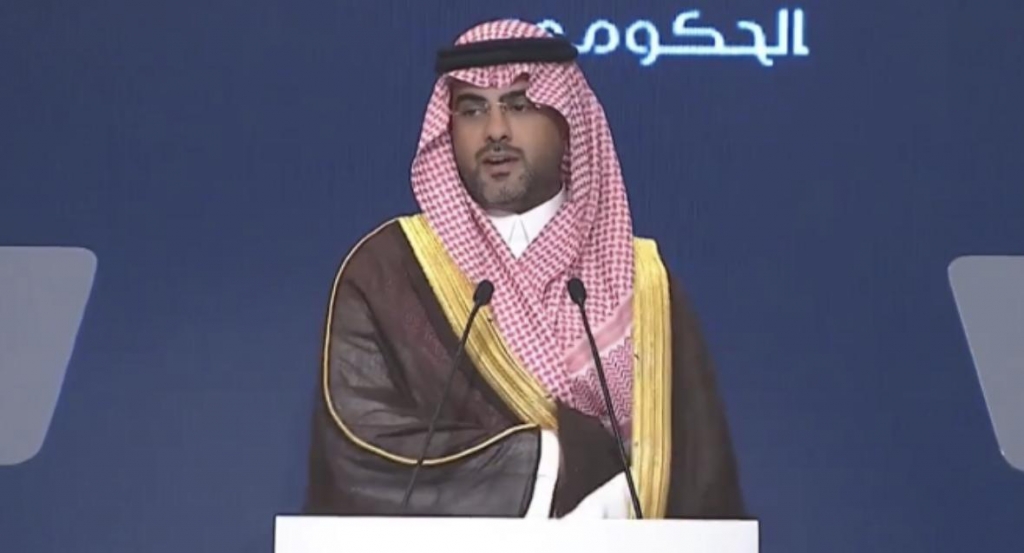
No monopoly in rental market: REGA CEO
The rental market in Riyadh comprises more than 1.07 million units at present, including 838,000 residential units and 332,000 commercial units, CEO of the Real Estate General Authority (REGA), Abdullah Al-Hammad, said.
During a government press conference today, Sept. 29, Al-Hammad added that these units are owned by approximately 200,000 individuals and corporates.
Of these owners, 84% possess residential units, with the largest single owner holding 3,200 units, equivalent to 0.4% of the total. Another 16% own commercial units, with the largest single owner holding no more than 2,600 units, equivalent to 1% of the total.
Al-Hammad noted that, according to updated 2025 data, 50% of owners hold only one residential unit, 19% own two units, and 7% own more than 10 units.
He emphasized that these figures translate into no monopoly in the Saudi rental market.
He added that the local rental market is broad and diverse. It is not dominated by any single party, standing far from being monopolized. However, the absence of a monopoly does not mean the market is free of challenges.
Real estate prices, including rental rates, have seen significant increases. This is due to a shortage in housing supply relative to rising demand, which is a key factor driving rapid price growth.
Accordingly, the Crown Prince’s directives have been clear and goal-oriented: “comprehensive real estate balance.”
Al-Hammad explained that in-depth studies showed that markets experiencing economic growth often see significant price hikes against the backdrop of elevated demand and weaker supply — similar to some global cities.
Some foreign studies indicated that previous measures often addressed a single aspect without considering other influencing factors. In contrast, Saudi Arabia’s directives for achieving real estate balance are comprehensive, tackling all aspects while also ensuring a growing housing supply — a sustainable solution to be implemented in the coming years.
The CEO added that REGA conducted a detailed analysis of the local market, taking into account its specifics, and carefully reviewed international experiences to identify areas for improvement in each case. The result is a comprehensive and balanced model that avoids the shortcomings faced by other benchmark countries.
This model stimulates housing supply, controls inflation, and offers multiple pathways over different timelines to ensure market stability and balance.
He stated that the regulatory provisions issued to govern the relationship between landlords and tenants represent a turning point in real estate market governance, enhancing trust and laying the foundation for a more disciplined and sustainable market.
The most notable feature of these provisions is that they are built on key principles that embody a comprehensive vision to achieve balance in the rental market.
The measures include a mandatory requirement for landlords to document lease contracts through the “Ejar” platform, in addition to the real estate broker, while also granting tenants the right to register and the ability for the other party to object within 60 days. This serves to build trust and safeguard rights.
To enhance stability and quality of life, annual rental increases have been suspended in Riyadh for five years, and rental values for vacant properties are fixed based on the last registered “Ejar” contract.
Rules for automatic contract renewals have also been introduced, with clear provisions for non-renewal restricted to specific cases. These steps provide families with housing security, businesses with stability, and strengthen financial planning with a clear vision that ensures the success and continuity of projects, particularly those of entrepreneurs and small to medium enterprises.
The provisions also grant landlords the right to object to rental values in cases of major renovations or old contracts, under a well-structured governance framework that balances the tenant’s right to stability with the landlord’s right to benefit from property development and maintain quality and sustainability.
Oversight and compliance have been reinforced through the introduction of financial penalties, with violators required to rectify breaches and compensate affected parties. Whistleblowers are entitled to rewards of up to 20% of the value of proven violations. This establishes a strict regulatory system in which society plays a role in market oversight, thereby strengthening compliance.
Through this comprehensive approach, it is clear that what has been established is a unique model that combines strong regulation with application flexibility, setting firm foundations for the stability, fairness, and sustainability of the real estate market.
He added that one of the most significant enablers of this model is technology, represented by the “Ejar” platform, which has evolved from being merely a documentation tool into a fully integrated leasing journey that encompasses documentation, protection of rights, monitoring of obligations, and reduction of disputes.
The platform has documented more than 13 million contracts to date, at a rate of 4,200 contracts per day, and has facilitated nearly 40 million digital transactions since 2017 through the first half of 2025.
Al-Hammad stressed that documenting lease contracts through the “Ejar” platform is both a compliance requirement and a trusted guarantee for protecting the rights of all parties. Any contract or transaction conducted outside the platform is a clear violation of the provisions and is neither legally nor formally recognized.





























